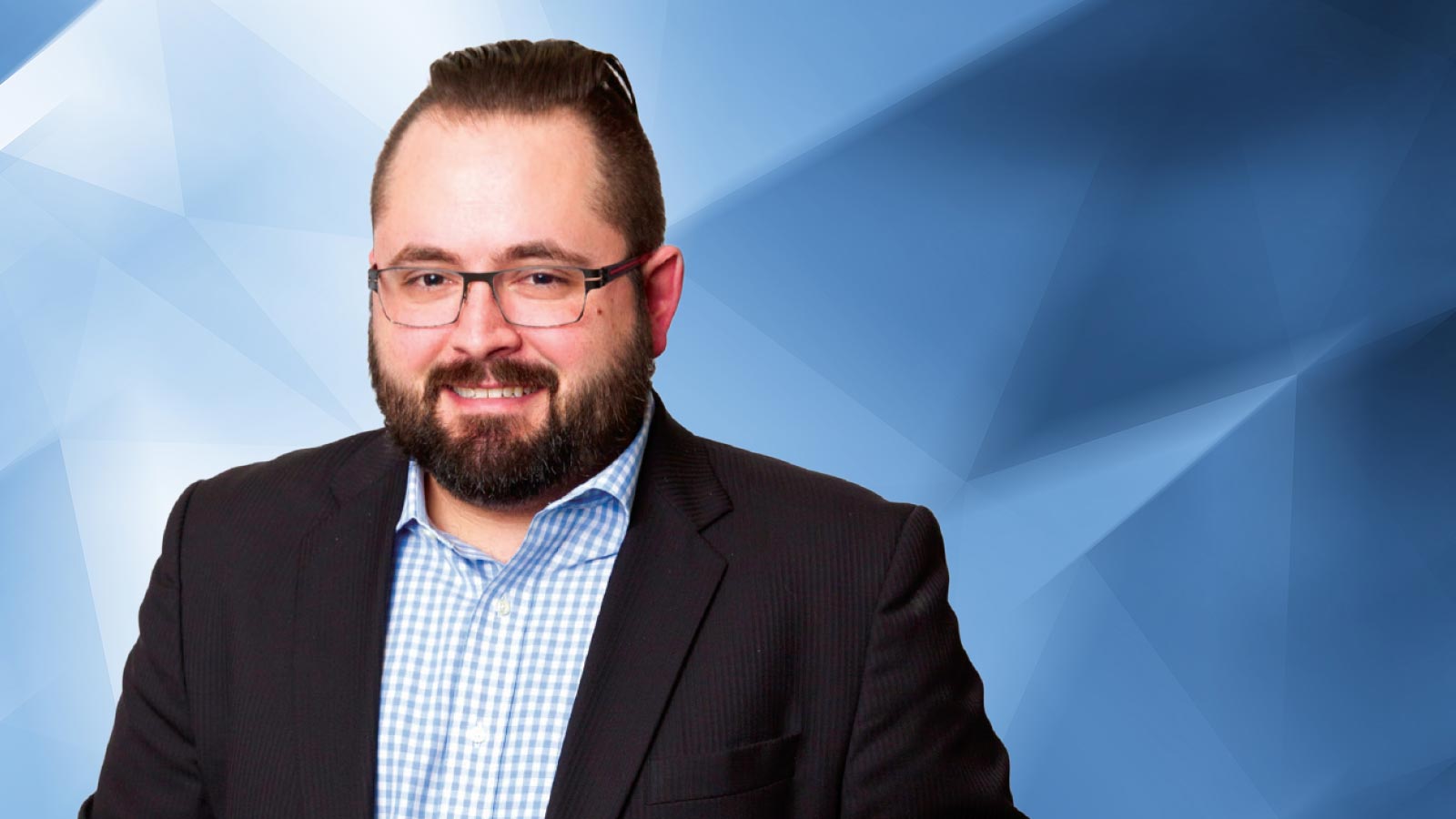Stay Up to Date
Submit your email address to receive the latest industry and Aerospace America news.
No one has launched 10 satellites at once that are as sophisticated as the 860-kilogram spacecraft that Iridium Communications launched into low Earth orbit Jan. 14. “If you were to search for someone who has done something like that before,” the closest would be Iridium, says Julian Horvath, who led Iridium’s effort to prepare for the launch. In the late 1990s, the company then known as Iridium Satellite LLC launched seven communications spacecraft at a time while building the 66-satellite constellation that established the world’s first global service for placing telephone calls and sending messages to pagers. It has now begun launching its 66-satellite Iridium Next constellation, which is designed to provide customers with far more bandwidth and higher data speeds. Horvath leads efforts to create a detailed checklist of everything that has to happen on the ground now that the first batch of satellites has been launched. This includes all the commands and procedures the Iridium team must follow to ensure that each of the new satellites moves close to one of the spacecraft currently in orbit and takes over its responsibilities without interrupting communications services for customers on the ground.
How did you move into this job?
It’s what I always wanted to do. When I was little, my mom used to buy me Lego sets of pirate ships and I would build space ships. My mom yelled at me and made me build the pirate ship first. Then, I was allowed to take the pirate ship apart and build a space ship. I’ve always wanted to work in the aerospace industry. I was about to start school to get an aerospace engineering degree, but at the last minute there was a program that stole my interest. I ended up getting a degree in space physics with a concentration in exotic propulsion systems at Embry-Riddle Aeronautical University in Prescott, Arizona. In space physics and engineering, you learn how to do all the same math, so it’s not hard to jump over. When I was getting done with my undergraduate degree, I wanted to work for at least a few years before going back to school. I’ve had good opportunities since then. I never thought about going back to school again.
What do you think will be going on in space in 2050?
I hope that we will be on Mars. I still hope and dream that I will get to go one day. But as far as our industry and Iridium is concerned, in 2050 I would expect continued growth in capabilities. There may be new exotic propulsion systems, but for the really fast ones, like antimatter, that is something we currently don’t know how to do. But there are people researching it and eventually we will figure it out. We learned how to fly and we learned how to travel in space, so those other things will come in time. I hope that by 2050 with everything going on now, there will be more reusability for the rockets so space launches will be more affordable and it will be easier to launch satellites for companies like Iridium.★
About Debra Werner
A longtime contributor to Aerospace America, Debra is also a correspondent for Space News on the West Coast of the United States.
Related Posts
Stay Up to Date
Submit your email address to receive the latest industry and Aerospace America news.




